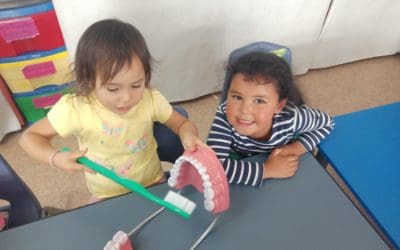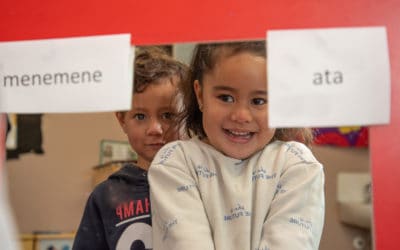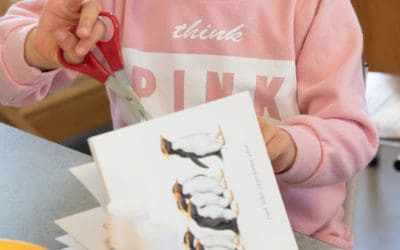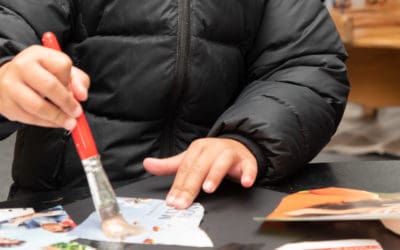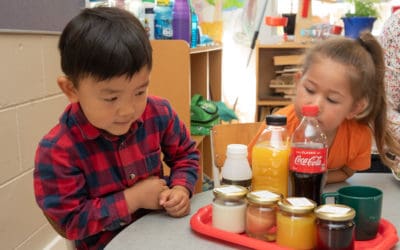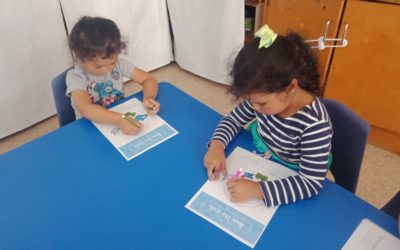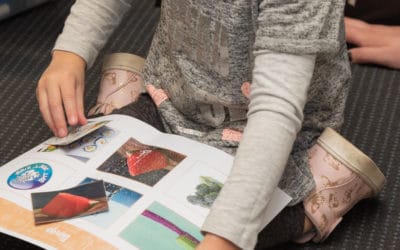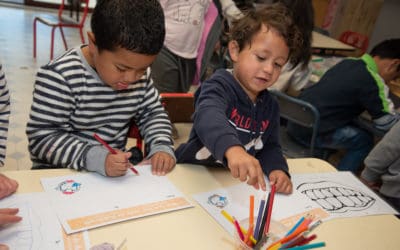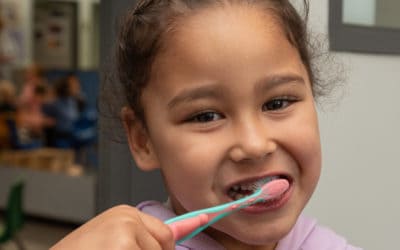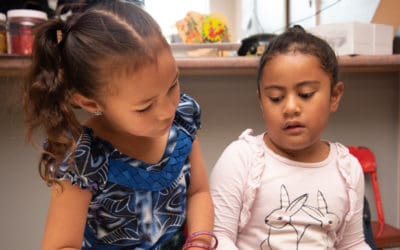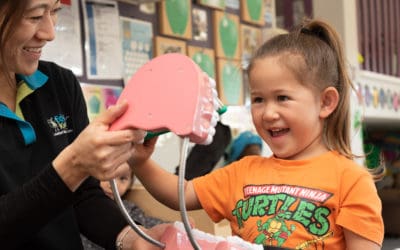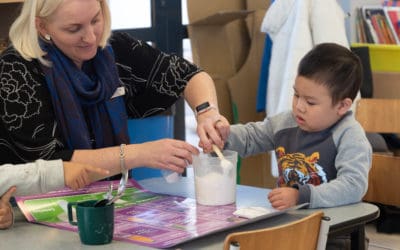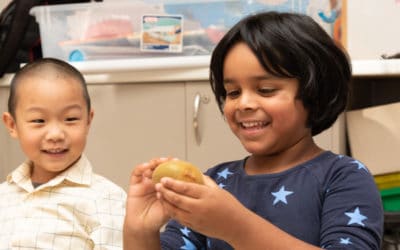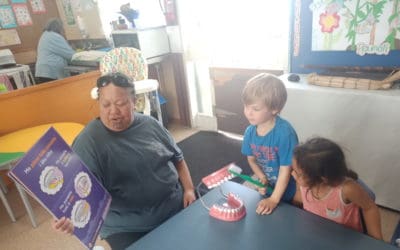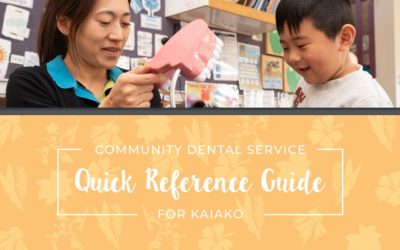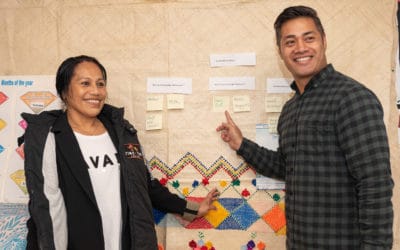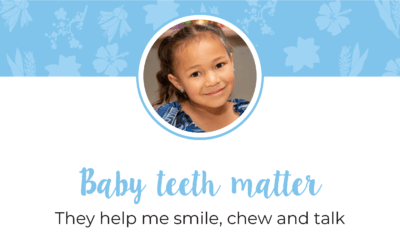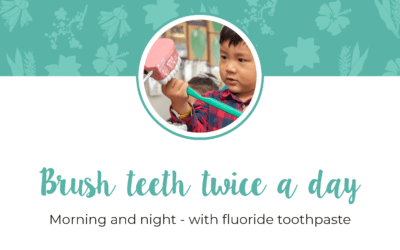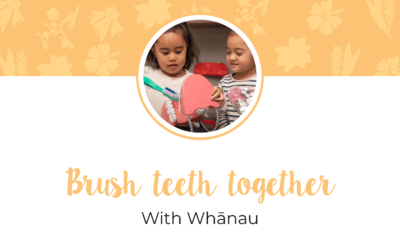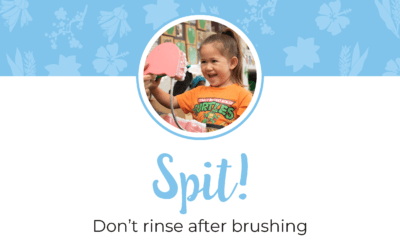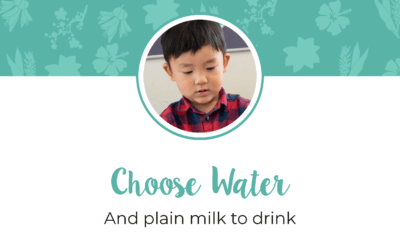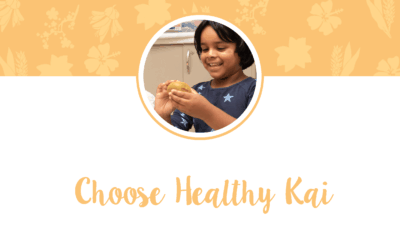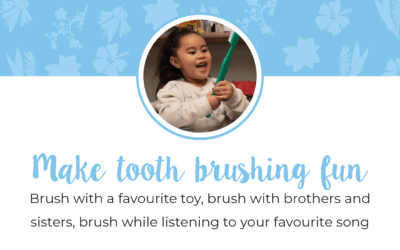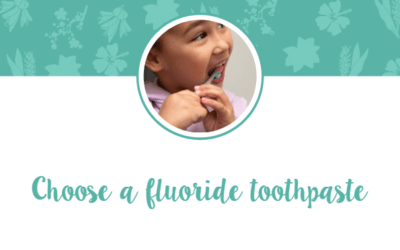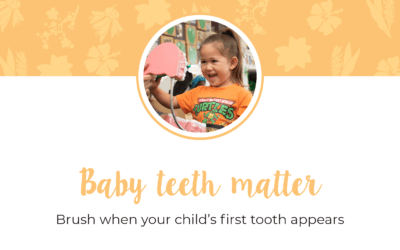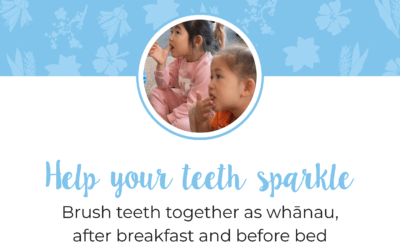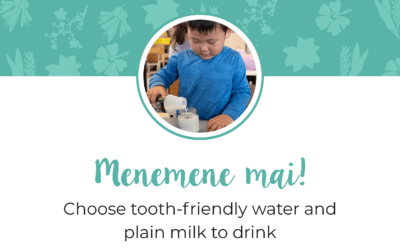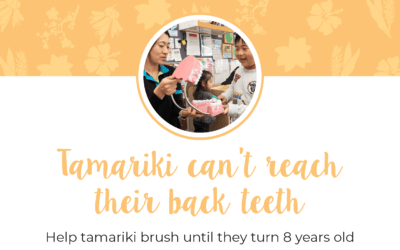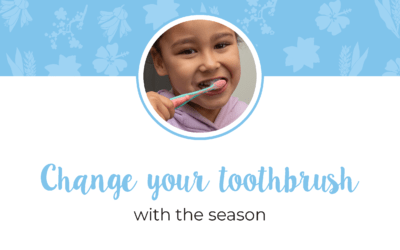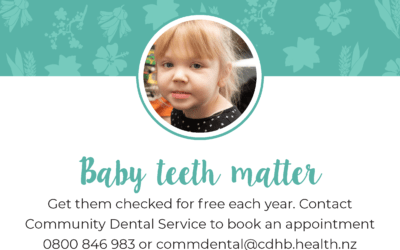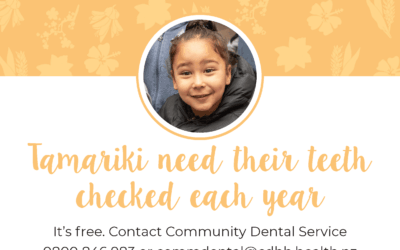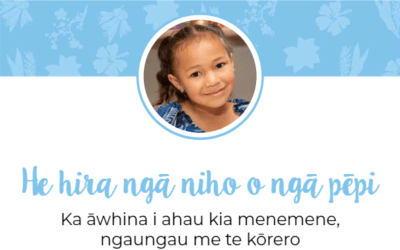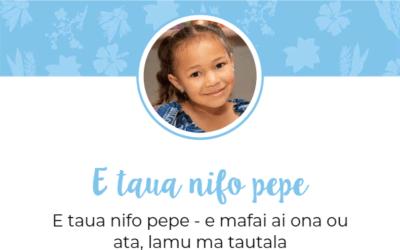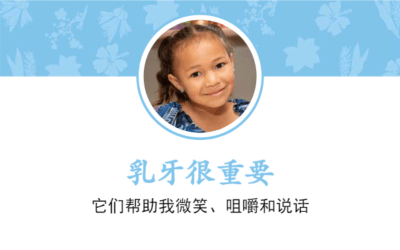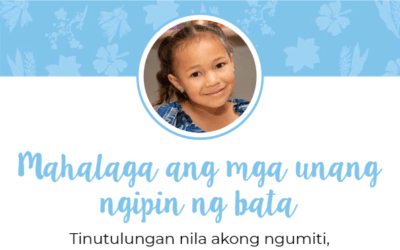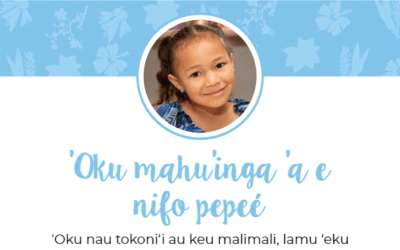Welcome to Menemene Mai (Smile) the Early childhood oral health toolkit for kaiako in Waitaha Canterbury. Here you'll find activity sheets, strategies, information about tools, key messages, brochures and posters to assist you in your inquiry process.
Activities for Tamariki
Activities for Kaiako
Strategies for Kaiako
Kaiako we spoke with in relation to this ‘Menemene Mai’ oral health toolkit, wanted strategies to use in their settings. Below are some ‘Top Pick’ Strategies.
Encourage ‘Eating well’
- Role-model tooth-friendly kai food choices
- Encourage eating tooth-friendly kai (including fresh, nutritious fruit and vegetables)
Encourage ‘Drinking well’
- Role-model tooth-friendly drink choices
- Encourage tooth-friendly drink choices (water and plain milk)
- Encourage tamariki to drink water after meals
- Ensure free water and milk are the ONLY drinks provided for tamariki
- Ensure water is available and accessible indoors and outdoors to tamariki at all times
- Promote and support breastfeeding
- When pēpē are bottle feeding, staff hold pēpē and remove bottle if pēpē falls asleep
- Don’t associate your early childhood education setting with programmes or sponsors that promote foods/drinks high in fat, sugar, and/or salt
Encourage ‘Cleaning well’
Use key messages
We emphasise the following key messages in our mahi:
- Baby teeth matter- they help me smile, chew and talk
- Brush teeth twice a day- morning and night - with fluoride toothpaste
- Brush teeth together with whānau
- Spit don’t rinse after brushing
- Choose water and plain milk to drink
- Choose healthy kai
- Have a dental check-up each year
Use an holistic framework
Frame oral health work within a Te Whare Tapa Whā model and/or Fonofale model, so discussed in an holistic context of whole body health, protecting our body dignity, connection between whole self, body and spirit- impact on wellbeing of good (and poor) oral health.
Snippets to help communicate
Snippets are key messages in a downloadable poster format. They are available here in Māori, Samoan, Simplified Chinese, Tagalog, Tongan and English.
Snippets in additional languages
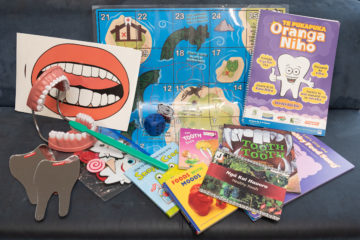 About Teeth Tools
About Teeth Tools
‘Teeth Tools’, is the first component of ‘Menemene Mai’, an early childhood oral health toolkit for kaiako in Waitaha/Canterbury.
It is a physical set of teaching tools and resources (in the photo to the right) that can be loaned to you from ‘CHIC’ (Community Health Information Centre), Community and Public Health.
To borrow 'Teeth Tools' (for free) contact chic@cdhb.health.nz or phone 03 378 6721
The second component of ‘Menemene Mai’ the early childhood oral health toolkit, are the online resources found on the Activities and Brochures and Posters web pages at the following web address: www.cdhb.health.nz/menemenemai or www.cdhb.health.nz/smile
Teeth Tools Contents
1. ‘Mana Ngau Kemu’: (A Snakes and Ladders Game in Te Reo Māori)
- game mat
- instruction sheet
- 1 large dice/die
- 2 large tooth counters
2. Books
- Happy Tooth by Te Wahaora Roopu (Northland Oral Health Promoters Group)
- Oranga Niho by Te Wahaora Roopu (Northland Oral Health Promoters Group)
- The Tooth Book by Theo LeSieg
- How to Brush your teeth with Snappy Croc by Jane Clarke
- Tooth by Tooth- Comparing Fangs, Tusks, and Chompers by Sara Levine
- Nga Kai Hauora – Healthy Foods by Amanda Jackson
- Foods with Moods – A First Book of Feelings by Saxton Freymann and Joost Elfers
3. Large Tooth Model and Toothbrush
- 1 large model of teeth
- 1 large toothbrush
4. ‘Brush Your Teeth’ package:
- 6 mouth boards (A3) and 1 song sheet (A3)
- 2 whiteboard pens
- 6 small toothbrushes
5. ‘Healthy Teeth, Happy Smile’: (felt package)
Note: You will need to sign a borrower’s form saying you agree to take care of this kit. Tamariki need to be supervised when using these teeth tools.
Information about purchasing your own 'teeth tools'
1. Large Tooth Model and Toothbrush
Contact: Modern Teaching Aids, Auckland
Imera: sales@teaching.co.nz
Waea pūkoro: 0800 80 80 44
Price: $56.45 + GST + freight
2. ‘Brush Your Teeth’ pack
Contact: ‘Teacher Talk’, Plimmerton
Imera: info@teachertalk.org.nz
Waea pūkoro: 04 232 7858
Price: $16.95 + freight
3. Felt Teeth Package – Laser Cut
Website: www.etsy.com/nz/listing/469287504/tooth-brushing-happy-tooth-flannel-board
Price: $44.46 + freight
4. Story Books
Story books can be purchased from a supplier OR could be borrowed from Christchurch City Libraries.
Unfortunately, all other items included in ‘Teeth Tools’ are no longer available for purchase. However, ‘Teeth Tools’ is available to borrow at any time from Te Mana Ora. Please contact laura.brown@cdhb.health.nz to loan out this resource.
Note: These prices are accurate as of September 2023.
Free paper posters, brochures
Order oral health resources from CHIC
Many oral health teaching resources are available to download or order on the Community Health Information Centre (CHIC) website.
You can also print and use the CHIC order form below:
CHIC Order Form (PDF, 450KB)
Downloadable resources
A list of downloadable oral health resources available from the Menemene Mai website.
|
Resource topic
|
Format
|
Image of resource
|
Description
|
Download
|
|
Baby teeth matter
|
Video
|
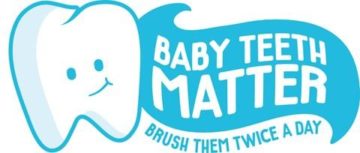
|
Health Promotion Agency & Ministry of Health
Encourages parents and caregivers to look after their tamariki’s teeth. Baby teeth matter. Note: this video can only be viewed on YouTube
|
View |
|
Super Smile
|
Poster, PDF
|
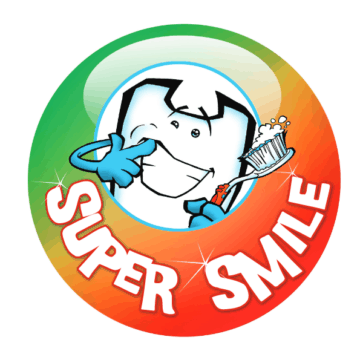
|
Encouraging tamariki to be proud of their smile
|
Download |
|
Choose Water or Milk first
|
Poster, PDF
|
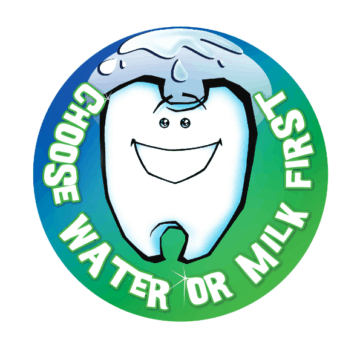
|
Encourages tamariki and their whānau to choose water of milk to drink
|
Download |
|
Spit don’t rinse
|
Poster, PDF
|
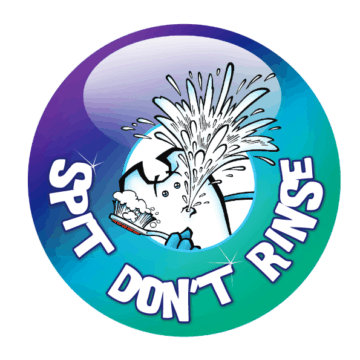
|
Message for tamariki and whānau to spit toothpaste out after they brush, but no need to rinse their mouth with water.
|
Download |
|
Dental care provided by the Community Dental Service (CDS327)
|
Pamphlet, PDF
|
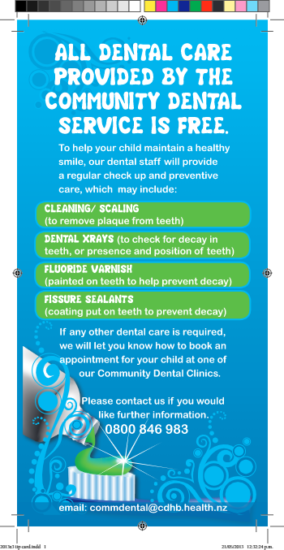
|
For parents and caregivers. Explains where their child will have a free dental check and the type of care that is provided. Includes contact details for the Community Dental Service
|
Download |
|
Tips for a healthy smile
|
Pamphlet, PDF |
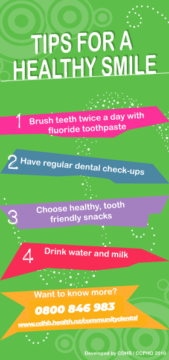 |
For tamariki and whānau. Explains how to keep your smile healthy. Activity on opposite side – ‘Send a Smile’.
This download contains tips in 7 languages: English, Te Reo, Tongan, Korean, Chinese, Japanese and Tagalog.
|
Download |
This programme focuses encouraging tamariki to engage in learning about oral health and brushing their own teeth is being started within the Waitaha region. This has been created to work alongside the Menemene Mai kits. This programme was developed by Te Whatu Ora Waitaha health promoters Laura Brown and Nicola Fraher.
We would like to acknowledge the South Canterbury WAVE team for allowing us to adapt their resources.
For more information on this programme, please email laura.brown@cdhb.health.nz
About ‘Menemene Mai’- Early childhood oral health toolkit
Whakatauākī
‘Te kaha ō te mangō, kō ōna niho’ – The strength of the shark is its teeth
The use of this whakatauākī, is to indicate what the teeth are and how they contribute to the well-being of an individual. Used in this context the teeth contribute to the strength of the shark, as the strength of the shark is its teeth.
Under Te Whare Tapa Whā, the four cornerstones of Māori health, oral health comes under Te Taha Tinana, however, the other three Taha are also encompassed within Te Taha Tinana. Te Taha Tinana becomes the vessel for which health is epitomised, and the teeth are a healthy reflection of the individual.
by Ruru Hona, Pou Whirinaki, Canterbury District Health Board
What is Menemene Mai?
Menemene Mai has been created for and with kaiako of early childhood education settings in Waitaha/Canterbury. Menemene Mai supports kaiako promote oral health so that children (with their whānau) are increasingly capable of:
- caring for their teeth
- keeping themselves safe from oral tooth decay
This purpose aligns with the role of kaiako in Te Whāriki Strand 1, and in Te Whāriki a te Kōhanga Reo.
Menemene Mai has two main components:
- This online guide
- A ‘Teeth Tools’ component – a tool box that may be borrowed through Community and Public Health. Information is provided on how kaiako may purchase the tools for themselves.
Why Menemene Mai?
Menemene Mai is a collaborative response by Community and Public Health (CPH) and Community Dental Service (CDS) to:
Why oral health is important in Waitaha Canterbury
Good oral health supports not only physical health, but also psychological and social wellbeing. The models of health below illustrate this holistic approach.
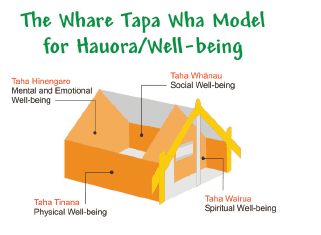
[2] Dr Mason Durie's whare tapawha model compares hauora to the four walls of a whare, each wall representing a different dimension: taha wairua (the spiritual side); taha hinengaro (thoughts and feelings); taha tinana (the physical side); and taha whanau (family). All four dimensions are necessary for strength and symmetry. (Adapted from Mason Durie's Whaiora: Māori Health Development. Auckland: Oxford University Press, 1994, page 70).
http://health.tki.org.nz/Teaching-in-HPE/Health-and-PE-in-the-NZC/Health-and-PE-in-the-NZC-1999/Underlying-concepts/Well-being-hauora
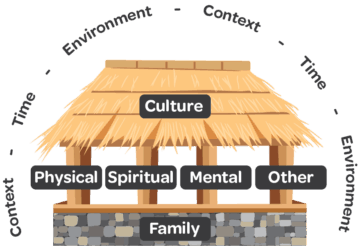
Establishing good oral health habits in the home early, benefits children over their whole lifetime. Developing good oral health practices in early childhood will increase the likehood that they will be maintained into school age and continue in the home environment.
Sadly, some oral health statistics don’t make happy reading. 37% children (59% Maori, 68% Pacific) aged 5 in Canterbury DHB region have dental caries. They have an average of 1.7 (3.0 for Maori, 3.8 for Pacific) decayed, missing or filled teeth. [1] www.health.govt.nz/nz-health-statistics/health-statistics-and-data-sets/oral-health-data-and-stats/age-5-and-year-8-oral-health-data-community-oral-health-service
How to use Menemene Mai
Menemene Mai is designed to support your inquiry processes as kaiako, providing some ‘top picks’ as starters for the particular focus you, your tamariki and whānau want to take.
The ‘top picks’ include:
Acknowledgements
Acknowledgements from The Canterbury District Health Board (Community Dental Services & Community and Public Health) June 2019
We would like to thank tamariki, whānau and kaiako at Early Childhood Education settings in Waitaha Canterbury for their energy, patience, and guidance in developing Menemene Mai, in particular Aratupu Preschool & Nursery, Kidditech Early Learning Centre, Kidsfirst Kindergartens Edmonds Smith Street, Hagley Community Pre-school, New Beginnings Preschool, Tino e Tasi Preschool and Rangi Ruru Pre-School.
Particular thanks to tamariki, whānau and kaiako from Te Kōhanga Reo o Te Whānau Tahi, Tino e Tasi Preschool, Aratupu Preschool & Nursery, and BestStart Montessori MonaVale who generously gave their support and permission for these photos to be used in Menemene Mai. We think you’ll agree they are stunning advocates for smiling and taking good care of our teeth!
Kia ora also to Awarua Whānau Services, Toi te Ora Bay of Plenty District Health Board, Nelson Marlborough District Health Board, Te Wahaora Roopu (Northland Oral Health Promoters Group), and South Canterbury District Health Board for sharing their oral health education materials.
Sharing the Menemene Mai Toolkit
The Menemene Mai Toolkit was designed for and with kaiako in Waitaha/Canterbury New Zealand. Kaiako in other places are welcome to download the activities and use the site, but please do not copy or reproduce the Menemene Mail toolkit content without permission. Email: Community Dental Service and Community and Public Health.

